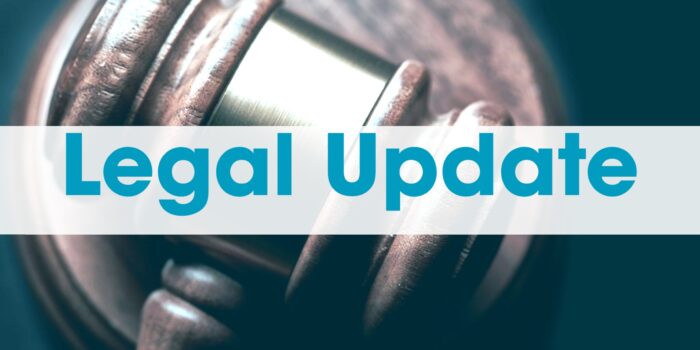 On Jan. 12, 2021, the U.S. Equal Employment Opportunity Commission (EEOC) announced that it will open four equal employment opportunity (EEO) data collections in 2021.
On Jan. 12, 2021, the U.S. Equal Employment Opportunity Commission (EEOC) announced that it will open four equal employment opportunity (EEO) data collections in 2021.
The agency had previously delayed EEO collections in May 2020 due to the coronavirus pandemic.
Reporting will now resume according to the following schedule:
- April 2021: Private employers and federal contractors will be required to file 2019 and 2020 EEO-1 Component 1 data.
- July 2021: Certain public elementary and secondary school districts will be required to file 2020 EEO-5 data.
- August 2021: Certain unions will be required to file 2020 EEO-3 data.
- October 2021: State and local governments will be required to file 2021 EEO-4 data.
Opening Dates and Filing Deadlines To Be Determined
The EEOC will announce the precise opening dates for each of the scheduled collections, along with the final deadlines for submissions, on both its home page and its new website dedicated to EEO data collections. Most eligible filers will also receive a notification letter from the EEOC.
Employer Action Items
Employers that are subject to EEO-1 reporting requirements should begin preparing to submit 2019 and 2020 EEO-1 Component 1 data in anticipation of the April 2021 collection schedule.
These employers and other entities that are subject to EEO reporting should also watch for updates regarding the exact dates that collections will begin and end.
Employers that are subject to EEO-1 reporting should prepare to submit 2019 and 2020 data in April 2021.
Highlights
EEO Reports
EEO reports are federally mandated surveys that the EEOC and other agencies use to help enforce Title VII of the Civil Rights Act and other federal laws.
Employers Subject to EEO-1
In general, a private-sector employer is subject to EEO-1 reporting if it:
- Has 100 or more employees;
- Has 15-99 employees and is part of a group of employers with 100 or more employees;
- Is a federal contractor with 50 or more employees and a contract of $50,000 or more.
This Legal Update is not intended to be exhaustive nor should any discussion or opinions be construed as legal advice. Readers should contact legal counsel for legal advice. ©2021 Zywave, Inc. All rights reserved.

